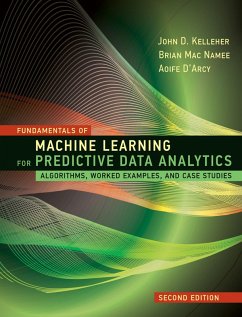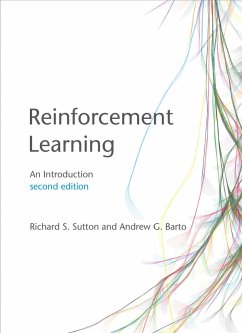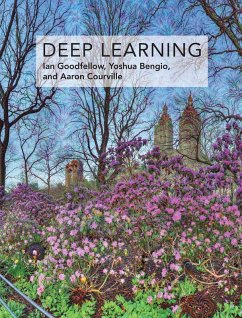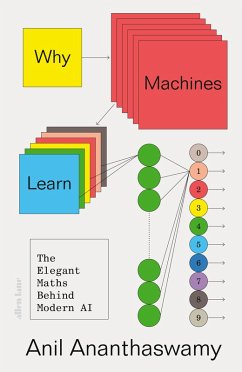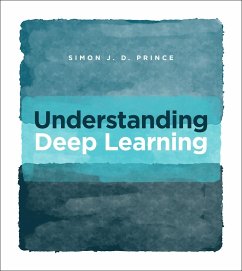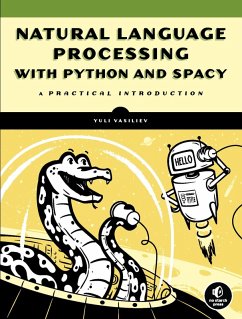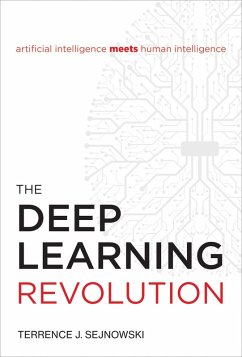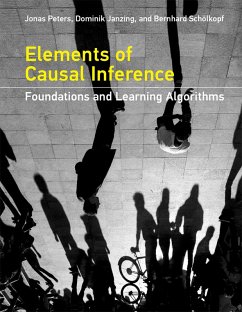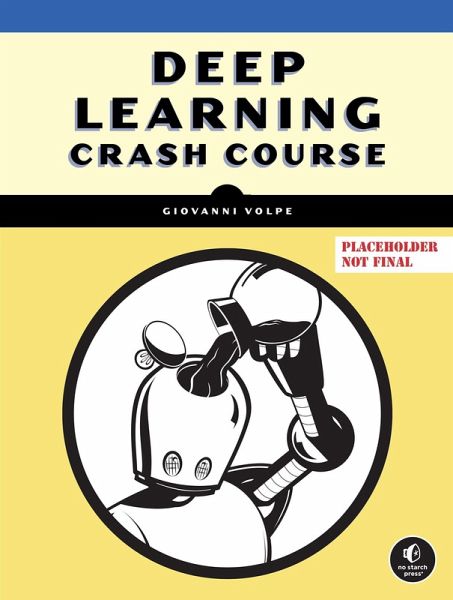
Deep Learning Crash Course (eBook, ePUB)
Erscheint vor. 06.01.26
26,95 €
inkl. MwSt.
Unser Service für Vorbesteller - dein Vorteil ohne Risiko:
Sollten wir den Preis dieses Artikels vor dem Erscheinungsdatum senken, werden wir dir den Artikel bei der Auslieferung automatisch zum günstigeren Preis berechnen.
Weitere Ausgaben:

PAYBACK Punkte
13 °P sammeln!
Build AI Models from Scratch (No PhD Required) Deep Learning Crash Course is a fast-paced, thorough introduction that will have you building today's most powerful AI models from scratch. No experience with deep learning required! Designed for programmers who may be new to deep learning, this book offers practical, hands-on experience, not just an abstract understanding of theory. You'll start from the basics, and using PyTorch with real datasets, you'll quickly progress from your first neural network to advanced architectures like convolutional neural networks (CNNs), transformers, diffusion m...
Build AI Models from Scratch (No PhD Required) Deep Learning Crash Course is a fast-paced, thorough introduction that will have you building today's most powerful AI models from scratch. No experience with deep learning required! Designed for programmers who may be new to deep learning, this book offers practical, hands-on experience, not just an abstract understanding of theory. You'll start from the basics, and using PyTorch with real datasets, you'll quickly progress from your first neural network to advanced architectures like convolutional neural networks (CNNs), transformers, diffusion models, and graph neural networks (GNNs). Each project can be run on your own hardware or in the cloud, with annotated code available on GitHub. You'll build and train models to:
- Classify and analyze images, sequences, and time series
- Generate and transform data with autoencoders, GANs (generative adversarial networks), and diffusion models
- Process natural language with recurrent neural networks and transformers
- Model molecules and physical systems with graph neural networks
- Improve continuously through reinforcement and active learning
- Predict chaotic systems with reservoir computing
Dieser Download kann aus rechtlichen Gründen nur mit Rechnungsadresse in A, B, BG, CY, CZ, D, DK, EW, E, FIN, F, GR, HR, H, IRL, I, LT, L, LR, M, NL, PL, P, R, S, SLO, SK ausgeliefert werden.






